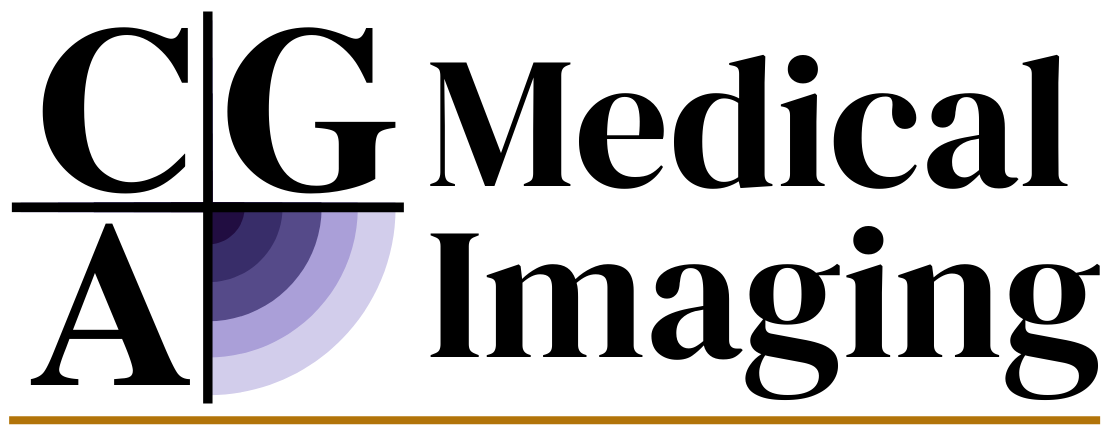Barium/GI (Gastrointestinal) Studies
GI Studies assess the GI tract (esophagus, stomach and intestine) using a low dose of live x-ray known as fluoroscopy.
-
A GI exam helps detect abnormalities and certain symptoms of the GI tract. The patient will be asked to swallow a contrast agent such as barium and we watch the path of it to the small intestine - no scope required.
-
Calgary
#140, 4774 Westwinds Drive NE
Cold Lake
#101, 2012 8th Avenue
(Please note Cold Lake currently offers limited bowel evaluations.)
-
-
Upper GI Study (UGI)
An upper GI study examines the esophagus, stomach and first part of the small intestine, also known as the duodenum. Using the contrast agent, the radiologist can assess the anatomy and function of your upper GI tract, helping to diagnose the cause of symptoms such as:
Difficulty swallowing
Reflux
Unexplained vomiting
Chest or abdominal pain
Severe indigestion
Small Bowel Follow Through (SBFT)
Very similar to the upper GI study and often done in conjunction with it, the difference with this test involves a larger amount of barium contrast liquid and x-rays of the abdomen are taken at regular intervals, mapping out the entire small bowel. SBFT is used in the diagnosis of conditions such as:
Crohn’s disease or celiac disease
Small bowel obstruction
Cancer of the small intestine
Abnormal masses or polyps
Complications related to surgery of the abdomen or bowel
-
UGI exam: approx. 30 minutes.
SBFT exam: this can take anywhere from one to four hours, while images are taken at regular intervals to monitor the progression of the barium through the small bowel.
Please ensure you allow adequate time for your exam as the times are unpredictable.
-
Please have nothing to eat or drink for at least 8 hours prior to your examination. This includes no smoking, no lozenges and no gum.

